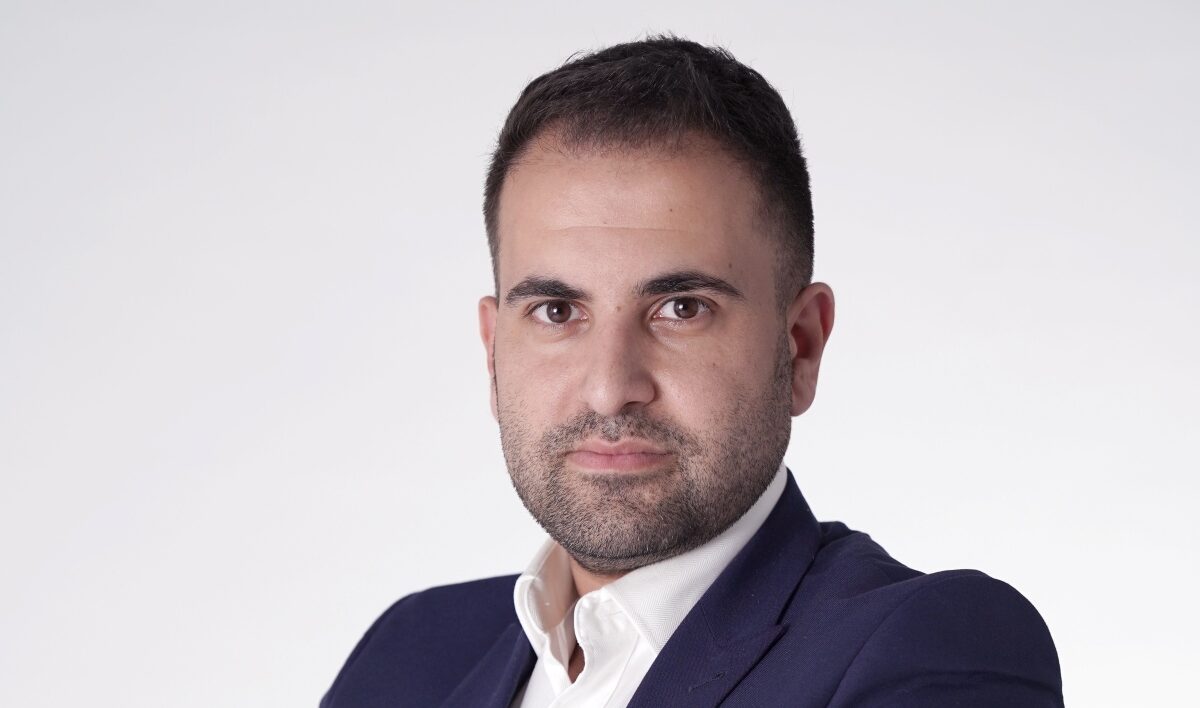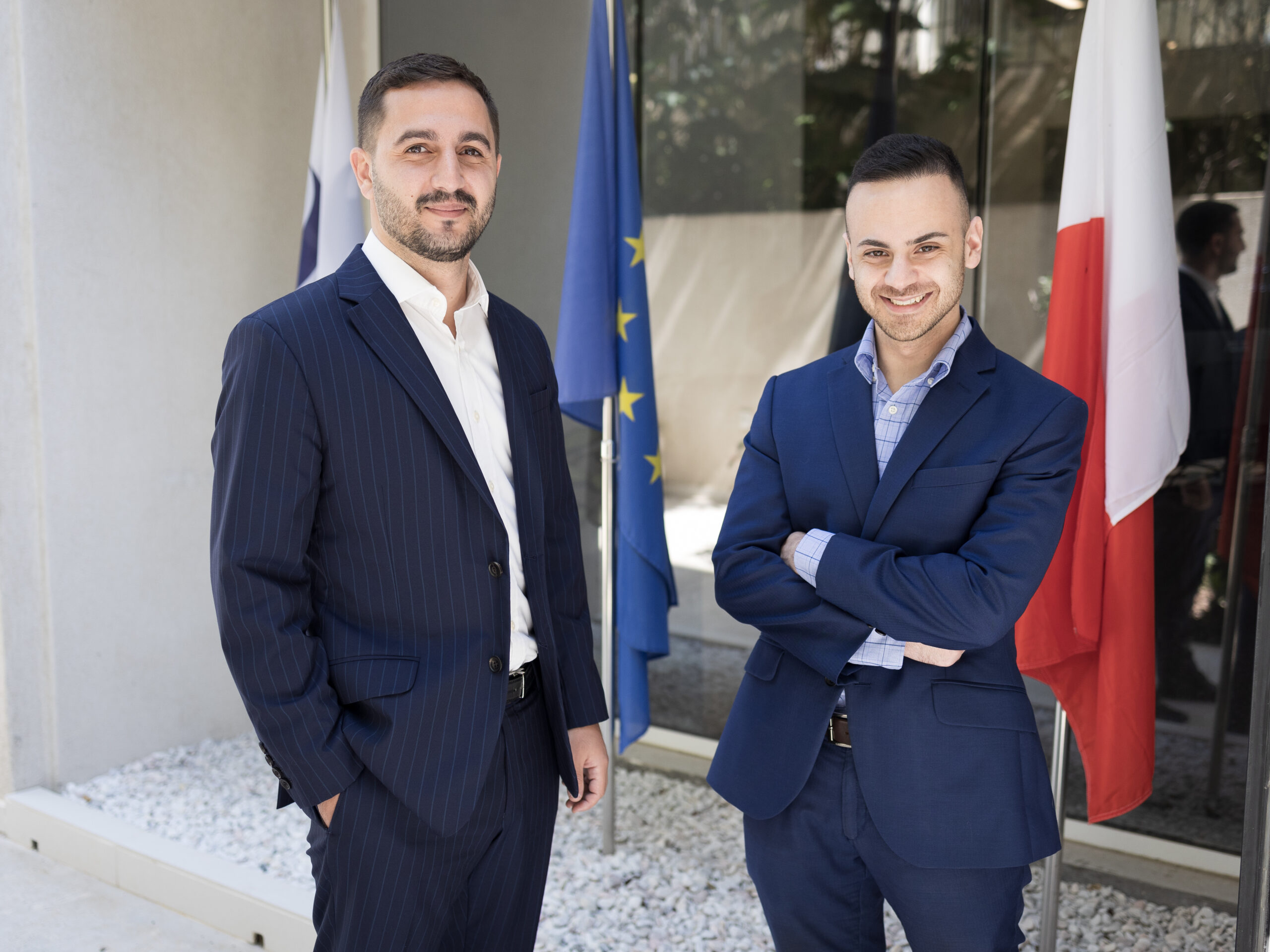Malta’s iGaming success story is rooted in its boldness to create a legislative framework that allowed the jurisdiction to become a global leader in the remote gambling industry early on. In 2004, it was the first in Europe to regulate remote gambling, and since then the country has nurtured the sector, seeing it grow and change. Today, the nation hosts around 10 per cent of the global remote gambling industry, an impressive feat for a small island in the heart of the Mediterranean with few natural resources to speak of.
When Malta’s remote gambling licensing and legal framework was established, it was crafted as a point of supply licence, allowing operators and suppliers to provide their services across Europe and beyond. Operators had to strictly adhere to the Malta Gaming Authority (MGA) licence conditions, while a justifiable legal reason needed to be present for operators to provide their services in foreign jurisdictions.
Countries around Europe which either had no regulations for remote gambling, or held a monopolistic system, have over the years adopted a multi-licensing system for online gambling products. Indeed, around 25 of 29 European nations have adopted this licensing framework, 21 of which offer full multi-licensing for all online gambling products regulated by the Government in question. Today, practically each European nation has its own licensing requirements, which can be expensive for operators to navigate.
The strength of Malta’s remote gambling licensing framework was that companies had to go through the expense and familiarise themselves simply with one regulatory framework – that of the MGA. Based on EU rules covering the Single Market and free movement of services, operators were provided with legal certainty and clarity allowing them to continue investing in the product or service offered.
As some European countries introduced laws that required operators to seek licences to be able to serve customers within their territory, MGA B2C licence holders were left with no choice but to secure multiple licences to ensure the continuity of their operations in those territories.
2021 was a major year in this respect. The Netherlands lifted its ban on remote gambling, requiring operators to obtain a licence from the country’s gambling authority. In the same year, Germany underwent a regulatory overhaul, which likewise required operators to obtain a local licence in several instances when offering online gambling products. On the other hand, Austria still applies a monopolistic regime which translates into a reality where Malta-based operators cannot obtain a licence to offer their gaming services to the Austrian market. In both countries, several court cases have been instituted against Malta-licensed operators by players who have lost money over the years while making use of the companies’ remote gambling products and services. In a nutshell, players are looking to recoup losses on the premise that such operators were not licensed in the country where the bets were placed at the time.
For instance, in a June 2021 judgement, the Austrian Supreme Court confirmed the decisions of two lower courts, which found that Flutter-owned PokerStars operated in violation of the federal gambling monopoly. In practice, the court found that all of PokerStars’ gambling contracts were null and void, ultimately upholding the plaintiff’s request for reimbursement of the money lost by the players.
In reaction, Malta’s authorities forged ahead with another bold step. In this latest legislative twist, the Maltese Parliament, in June 2023, approved an amendment to the country’s Gaming Act in the form of Article 56A, better known among industry stakeholders as Bill 55.
In essence, Bill 55 prevents enforcement action from foreign judgements in the case when such action runs contrary to or undermines the provision of gaming services in Malta, and when activities by an operator subject to a foreign challenge relate to activities that are permitted under the local Gaming Act.
The legal amendment essentially protects MGA licence holders from enforcement action that stems from foreign judgements and foreign regulatory authorities in specific circumstances. It allows the Maltese courts to refuse recognition and enforcement of such enforcement notices related to the online gaming sector.
With this unprecedented legal protection came heavy criticism from stakeholders across Europe. Among the critics was the German gambling regulator, the Gemeinsamen Glücksspielbehörde der Länder (GGL), which argued that Bill 55 conflicts with the Brussels I Recast Regulation, an EU law regulating the jurisdiction, recognition and enforcement of legal judgements between EU Member States, regulating questions of transnational litigation across the Union.
Locally, authorities have stood firm, while the European Commission responded to a series of questions posed by German MEP Sabine Verheyen, a member of the Christian Democratic Union and the European People’s Party, by confirming the institution is assessing Bill 55’s compatibility with EU law. A subsequent European Parliament debate on the matter uncovered concerns that, apart from debate about how the amendment would fit with EU law, issues were also raised about potential ties between the Maltese Government officials and iGaming operators which could, they claim, lead to undue influence.
On its part, the Malta Gaming Authority has stressed that through the legislative instrument, it sought to “enshrine into law the long-standing public policy of Malta in relation to the gaming sector.” The MGA stressed that the law does not create “additional or separate grounds” for refusing to recognise or enforce judgements to those already established under EU regulations (Regulation (EU) 1215/2012). “It is simply an interpretation of the ordre public grounds for refusal envisaged in said EU regulation.”

Asked to expand on what is meant by ‘long-standing public policy,’ outgoing MGA CEO Carl Brincat remarks that while Malta’s online gambling licensing framework was devised as a point of supply licence, “in the case of EU Member States, the law of the respective Member State must be taken into consideration.”
Here, Dr Brincat adds that “the starting point must necessarily remain the freedom to provide services, as enshrined in the Treaty for the Functioning of the European Union; however, the Court of Justice of the European Union (CJEU) has, through jurisprudence, clarified what justifiable restrictions may be imposed on such a freedom to provide services. This is what is meant by Malta’s long-standing public policy, which has been enshrined in law by means of the introduction of Article 56A [Bill 55].”
Essentially, the CEO argues that the launchpad of any argument surrounding Bill 55 should be the freedom to provide services across the Single Market, and imposing any restrictions to that freedom must conform to EU law. In instances where restrictions to that freedom to provide services are not deemed as justifiable, MGA-licence holders are free to provide their services, in line with the conditions laid out by their licence.
Expanding further, Dr Brincat adds that “the Brussels I Recast Regulation establishes the grounds for refusing to recognise or enforce a judgement emanating from another EU Member State. These include situations where recognition runs contrary to a member state’s public policy. However, it is up to each Member State to determine what constitutes their public policy, and therefore interpretations of the Brussels I Recast Regulation vary from country to country.”
“Given how technical and specific the gaming sector is, the Maltese legislator decided to crystallise into law the long-standing public policy of Malta in relation to the gaming sector specifically. The new amendments to the law provide additional detail by defining specific elements that must first be fulfilled before that law can be triggered, thereby providing more clarity.”

It can therefore be said that, whether Bill 55 ultimately stands up to scrutiny will ultimately depend on whether it can be viewed as justifiable public policy. For the Malta-based industry, however, the stakes are higher, considering that major operators would be ordered to pay back years of losses of several customers in jurisdictions like Austria and Germany should the legal amendment need to be dropped.
Asked about the repercussions of Bill 55 and how Malta’s iGaming players view the situation, Enrico Bradamante , Chairman and Founder of iGEN – an association of leading iGaming companies based in Malta and operating in Europe, categorically states that “it is very important that Malta’s Government protects this Bill.”
Expanding, he remarks that “in essence, it is reinforcing EU law” in that “it allows services to be offered across EU Member States – in this case digital services – across the Single Market.” Describing Malta as a “pioneer” for how it leveraged the EU Single Market when it first regulated remote gambling, he comments that “right now, there is a conflict between EU law, which is protecting Malta and MGA-licensed operators, and the legal framework in Austria and Germany. One law says one thing, and another law says another, and when this legal discussion is taken to its end, it will come before the European Court of Justice.”
And, while Austrian and German courts have found in favour of the players, Mr Bradamante stresses that “the big danger we see as an industry, is that we have done nothing wrong in the context of EU free movement of services. Companies feel very strongly about their case.” He further outlines that ultimately, “this is an economic argument, as on the one hand it costs more to fight these cases in court, eventually taking it all the way to the ECJ, and on the other, operators naturally contemplate whether to settle the claims.”
He adds that “absolute reluctance to settle the claims is a strategy being employed by some, as this would fundamentally undermine the whole industry. The worst-case scenario is all players sue all operators for all the money operators have earned over the years while operating under the MGA licence. If you believe that the EU laws should supersede national legislation, then the MGA licence framework is safe. What will happen next will very much be decided on political grounds.”

Finally, prominent TMT lawyer Antonio Ghio was also asked to weigh in, specifically on the argument that Bill 55 in essence goes against the Brussels I Recast Regulation. Dr Ghio is a Partner at leading law firm Fenech & Fenech Advocates and heads its TMT and IP Law Departments. His main areas of expertise are TMT, Intellectual Property, Gaming, Privacy, and Litigation.
He starts by pointing out the impact of the existence of a fragmented patchwork of national gaming laws across the EU bloc, and the contrasting fact that the recognition and enforcement of foreign judgements within the EU is in fact harmonised through the Brussels I Recast Regulation: “This means that on the one hand we see that the underlying substantive law affecting decisions relating to the gaming industry vertical differ drastically from one jurisdiction to the other and yet the Brussels I Recast Regulation is being used as a tool for the enforcement of such judgements.”
“Despite the lack of harmonisation of the underlying substantive (gaming) law across Europe, Malta is being subjected to a substantial number of applications whereby judgements emanating from other Member States, typically related to players who register an account with a Maltese operator and lose their money, are claiming their money back and are attempting to enforce those foreign judgements against the Maltese operators here, even if those judgements were based on the gaming law provisions of another Member State.”
“One needs to point out that it is the same Brussels I Recast Regulation that provides an exception (amongst others) that recognition and enforcement of a foreign judgment emanating from another Member State can be rejected on the basis of ‘a manifest breach of public policy’ of the receiving Member State. The argument relating to public policy should be stronger in those situations (like the gaming vertical) where the underlying substantive law is not harmonised at all. The scope of Article 56A of the Gaming Act is to try and address this anomaly, especially, but not solely, by making reference to those fundamental rights emanating from the EU Treaty such as the freedom of movement of goods and services.”
In the end, it will be legal and political wrangling that will decide the fate of Bill 55, however what is clear is that Malta’s Government and regulator will continue to defend it, or risk threatening the two-decades old remote gambling industry which has brought so much to the island. In the same way that EU law was leveraged to allow Malta to become an iGaming hub back throughout the years, today it is EU law that is being leveraged to threaten to take it all away. At this next juncture, authorities will await the outcome of the European Commission assessment, however it will be the courts that will ultimately settle this stalemate and decide on the way forward.
Continue Reading
Together Gaming Solutions plc announces early redemption of its 5.9% unsecure callable bond
These bonds were originally issued in 2019 and scheduled to mature between 2024 and 2026
CasinoBonusesFinder: A fresh look at bonus finding in 2025
Since 2010, online platform CasinoBonusesFinder has helped players answer one essential question: Which casino bonus is truly worth my time?
Maintaining Malta’s edge in iGaming – CLA Malta weighs in
As emerging jurisdictions challenge Malta's iGaming dominance, CLA Malta’s experts outline the critical success factors
Malta among EU states cited in Germany’s black market gambling report
Malta, home to one of Europe’s largest iGaming sectors, was cited in a report’s data table









